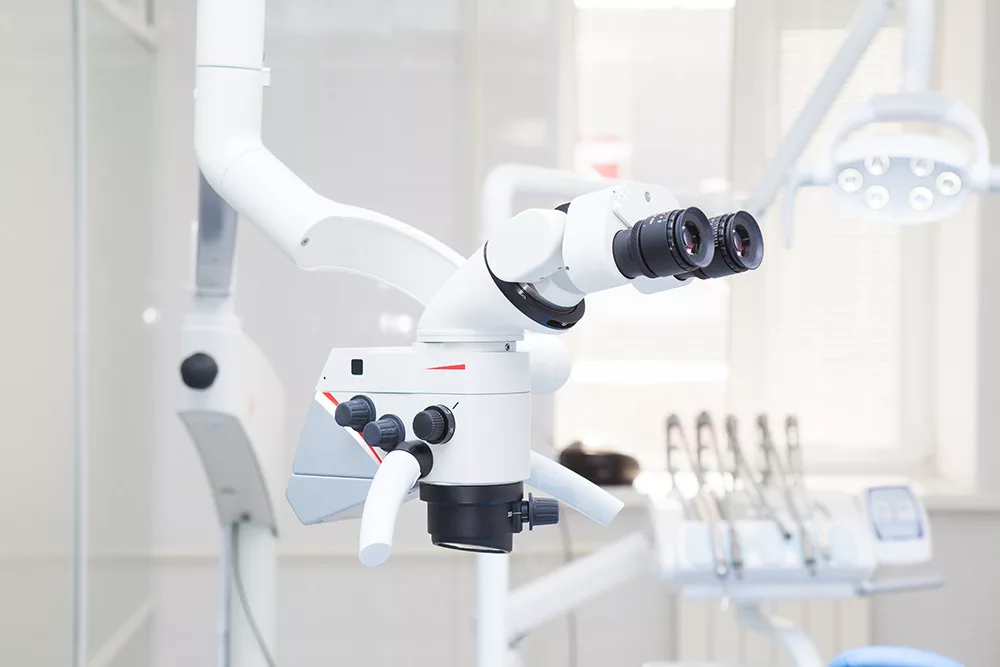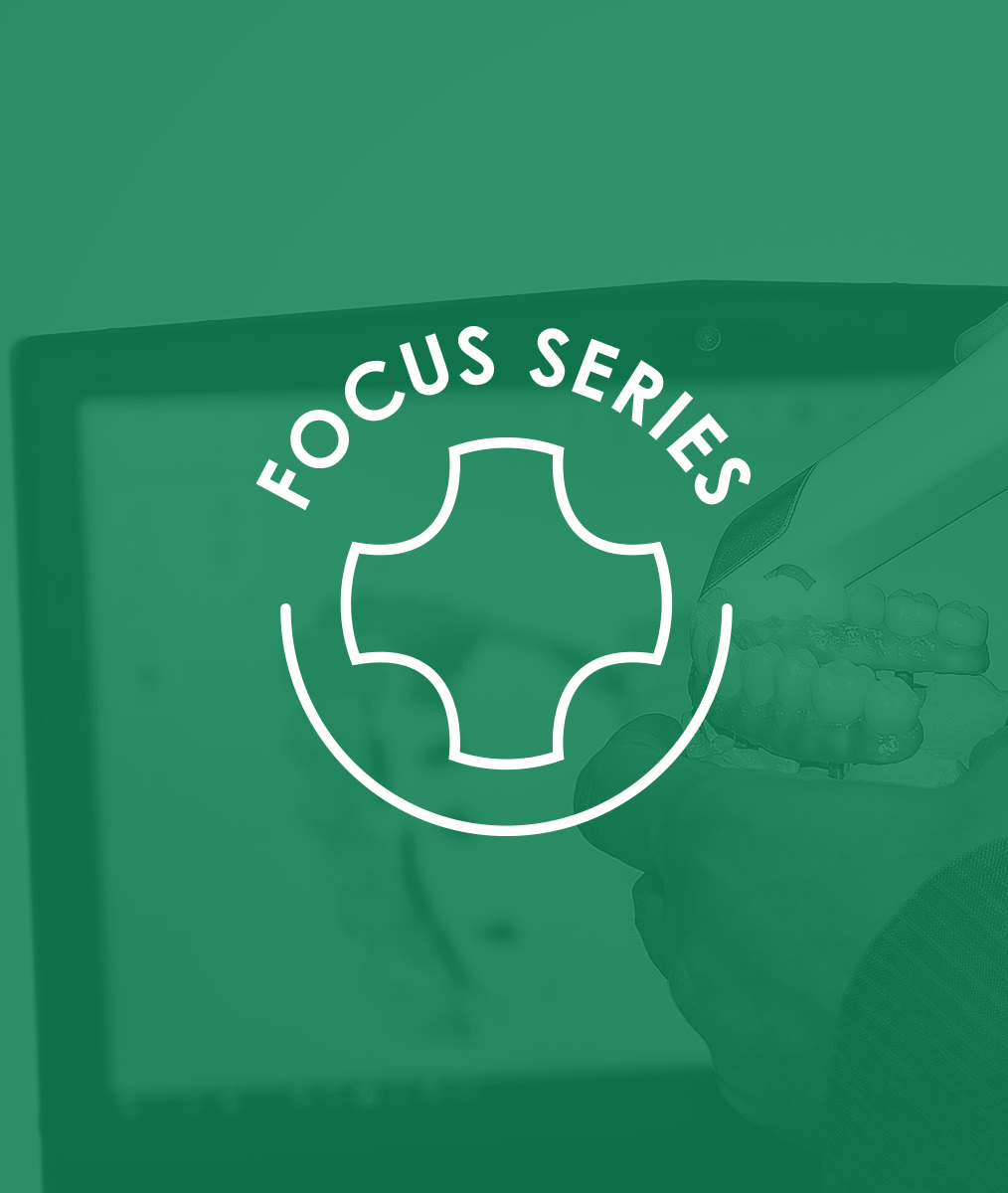
Why Use a Dental Microscope?
We have a buffet of restorative materials to choose from today. Accurate preparations are fulfilling the promise of digital design and precision-based dentistry to deliver the highest level of restorative treatment with efficiency. The microscope has changed the way I personally approach dentistry, and it has heightened my passion for precision dentistry.
The world of dental microscopy has opened my eyes to see and know more. The microscope has allowed me to improve my dentistry through ergonomics, improved illumination, and magnification. I am astonished and, at the same time, feel humbled to be able to see detail and precision at such a high level of magnification.
An Opportunity to Teach Propelled Me
My introduction to using a dental microscope began five years ago through the University of Pennsylvania Dental School where I was invited to teach a novel program introducing the idea of restorative dentistry with the utilization of dental microscopes. The purpose of the program was to introduce concepts of precision-based dentistry in our ever-changing digital dental world. We wanted our students to appreciate the value of details and how marginal gaps and adaptation can be improved with a higher level of thinking and training.
Not owning a microscope at the time, I agreed to explore this idea and accepted the position. I trained, calibrated, and practiced with the dental students to quickly see the value. Within a few short months, I had integrated dental microscopy into my dental practice.
Does the Microscope Replace Loupes?
Other dentists, who have not adopted dental microscopy, often ask me, “What does the microscope replace in your practice, and does it replace your loupes?” The answer is simple. Using a dental microscope doesn’t necessarily replace loupes but higher magnification increases proficiency and precision. I often prepare with my loupes and finish my preparations under higher magnification to improve smoothness, adaptation, and finish lines.
The viewing capabilities of the microscopes provide a range of higher magnification beyond some loupes with no eye muscle strain. Under dental microscopy, I can magnify my viewing field from 4X power to 10X power and sometimes as high as 25X power.
The Microscope Has Changed How I Practice
Utilizing a dental microscope has changed how I practice dentistry, improved my overall health in ergonomics, and is now an invaluable part of my practice as I strive to serve my patients with higher-level dentistry.
Using the microscope, I routinely minimize marginal gaps in my preparations to increase the longevity of restorations for my patients.
The completely upright binocular, parallel vision provides less strain to my posture, my neck, and head position.
My patients can view what I see with the microscope and gain an elevated understanding. Together we can partner better in making collaborative decisions to improve their dental health in the best way possible.
Why I Use a Dental Microscope
I am of the belief that when we see better, we can do better. I want to do my best for my patients. The dental microscope provides an elevated level of magnification, illumination, ergonomics, and patient education so I can deliver the highest care. After adapting to its usage and experiencing its benefits, I recommend it highly to other dentists. If you have access to one to try it–and put in the effort to learn how to use it, I think you’ll rapidly want one of your own.
Discover more on how to build a thriving dental practice with The Essentials Series at Pankey. This comprehensive 4-part course starts with Essentials 1, diving deep into the core principles that will transform your approach to patient care and practice management.
Related Course
Digital Mastery: Hands-On: Workflows for Functional-Esthetic Excellence
DATE: April 9 2026 @ 8:00 am - April 11 2026 @ 2:00 pmLocation: Online
CE HOURS: 25
Regular Tuition: $ 3495
Single Occupancy with Ensuite Private Bath (per night): $ 355
Embracing Digital Dentistry This course will introduce each participant to the possibilities of complex case planning utilizing 100% digital workflows. Special emphasis will be placed on understanding how software can…
Learn More>






